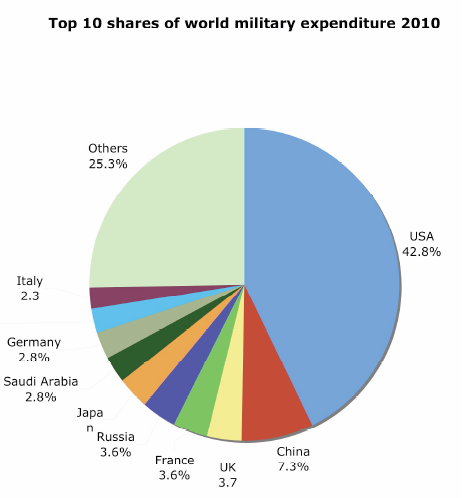Help lead New Mexico to liberty!
The Rio Grande is helping the group
Americans for Prosperity find a state director to lead a chapter of that activism organization in the Land of Enchantment. Information on the job is available below:
POSITION DESCRIPTION
Title: New Mexico State Director
SUMMARY:
While leading different New Mexico initiatives, the state director will act as the main spokesperson for Americans for Prosperity and Americans for Prosperity Foundation within New Mexico. The director will report to the VP, State Operations, and will work closely with different departments in the national office, volunteers, legislators, press and donors. This position requires an individual with a broad range of core competencies as he/she is running an individual state chapter within the broader organization.
ESSENTIAL RESPONSIBILITIES:
• Build relations for the state chapter with political, business, media and community leaders. Additionally, work with coalition partners, investors and AFPF & AFP national and other state offices to sustain state operations
• Develop and generate state budget through fundraising activities to sustain state chapter
• Mobilize and educate grassroots activists on issues within the organization’s mission
• Utilize activists and volunteers to advance policy initiatives that bring about institutional change
• Represent the organization as the key spokesperson for the state through consistent branding
• Create and implement a state-wide legislative action plan and assist on national issues of importance
• Draft and prepare press releases and op-eds and utilize and update social media (websites, facebook, twitter) as related to issues of importance to the state
• Create and cultivate donor relationships with new, as well as existing supporters, at the state level
• Experience cultivating relationships with high-profile individuals
• Political experience is preferable
• Outstanding written and oral communication skills
• Strong attention to detail and excellent problem solving skills
• Ability to work independently, as well as collaboratively, in a fast-paced, deadline-driven, environment
• Integrity, humility, and an entrepreneurial attitude
• A positive attitude and an earnest interest in providing good customer service to our members, partners and other state chapters
• A firm commitment to advancing every individual’s right to economic freedom and opportunity through free markets
GENERAL:
Americans for Prosperity Foundation (AFP Foundation) is a 501(c)(3) organization of citizen leaders committed to educating consumers, business owners, and the general public about the value and operation of an open and market-oriented economy that is free of government interference. Americans for Prosperity (AFP) is a 501(c)(4) grassroots organization committed to educating and mobilizing citizen leaders interested in understanding and helping solve America’s most pressing policy problems while championing the principles of entrepreneurship and fiscal and regulatory restraint.
TO APPLY:
Please submit a cover letter, resume and salary history/requirements to: Heather de la Riva at hr@afphq.org with the position title in the subject line. AFPF is an equal opportunity employer. No phone calls please.


